Testing times for nuclear industry
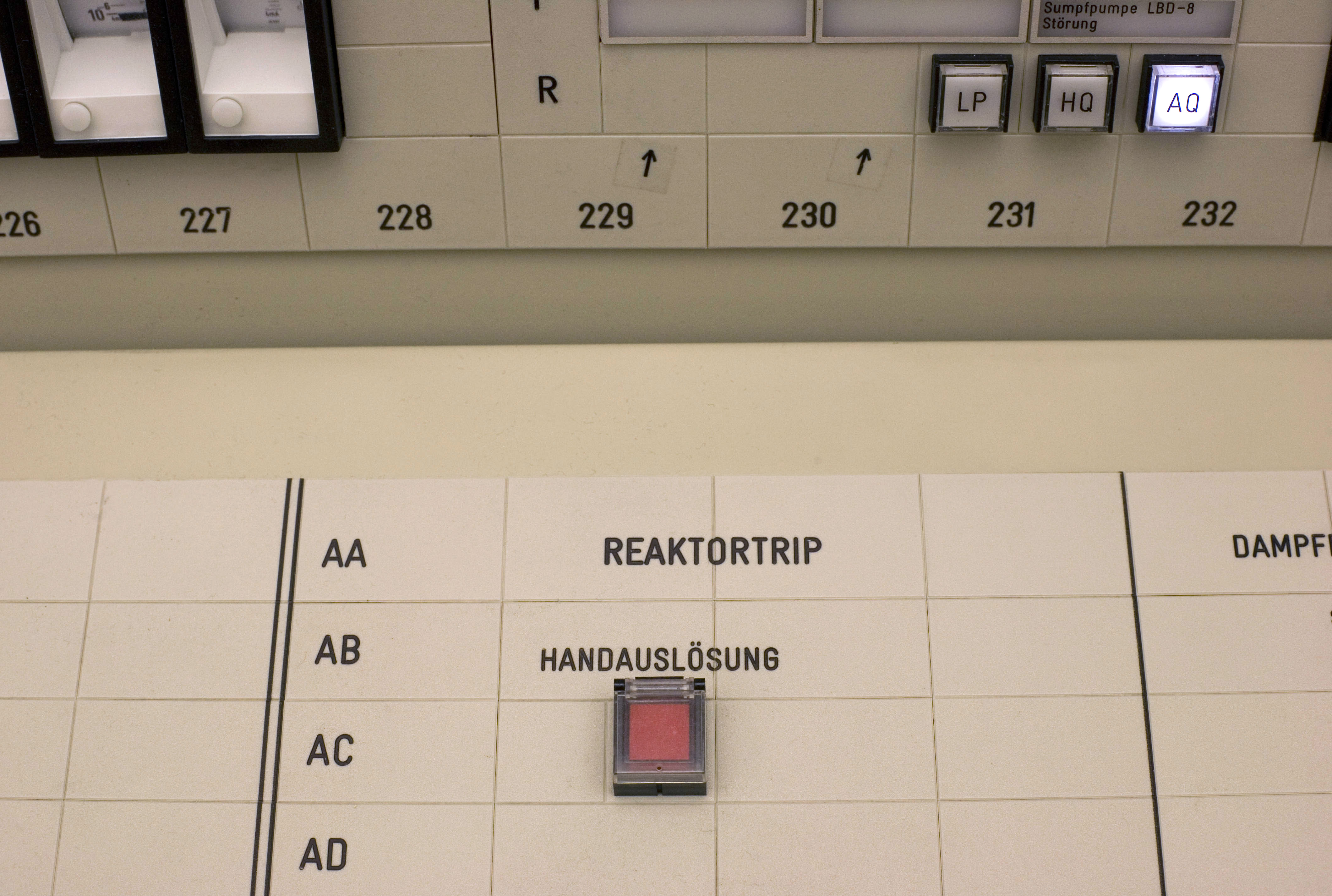
Following the Fukushima nuclear disaster, the use of nuclear energy is being debated, and stress tests are being carried out in the European Union and Switzerland.
By demonstrating that a nuclear plant can theoretically withstand an external shock, such as a flood, earthquake or direct plane crash, the tests are meant to give us peace of mind.
The issue dominated the headlines in Germany this week where the country’s 17 power plants underwent stress tests. The results, evaluated as positive by the German government, have been described as dismal by some critics.
The tests revealed that four German nuclear power plants would not withstand the impact of a small plane crashing. In two other plants a major incident could not be ruled out in the event of a crash involving an average sized plane.
More reassuringly, German plants were deemed safe in the event of earthquakes and severe flooding.
An investigation published eight years ago by the Federal Nuclear Inspectorate found that Swiss power stations were well protected against the risk of plane crashes. “This is still the case today, even for large passenger planes,” Hannes Hänggi, inspectorate spokesman, told swissinfo.ch.
Hänggi could not say if German safety criteria differed from the Swiss standards.
Stefan Füglistaler, nuclear specialist for Greenpeace, does not agree with these conclusions. To apply the term “well protected from plane crashes” to the old Mühleberg plant in Bern and the two Beznau stations was to downplay the risk, he told swissinfo.ch.
“The document described the safety level as ‘good’. Furthermore in the Swiss report there is also a passage which says that owing to the condition of the plants increased safety is not realistic,” Füglistaler said.
Safer Swiss?
Why should Swiss power stations be safer than German ones? There again Hänggi could not give a conclusive answer.
Füglistaler finds it unimaginable that the German plants could be unsafe and the Swiss ones safe. “Gösgen power station was even built by a German firm. And I doubt that different standards were used in the construction of the Swiss plant.”
The Greenpeace expert suggests getting a second opinion on risk assessment. “The nuclear inspectorate should get together with the German body for reactor safety. It has produced completely different results on the question of aeroplanes.”
The real stress test has not yet been carried out, Hänggi says. “No current data is used in the latest German examination report.”
It has not yet been established what will be checked in the new EU stress test. The Federal Nuclear Inspectorate expects that the EU information will be available early next month.
Füglistaler does not even want to use the term stress test. “Stress test makes you think that stress situations are examined. But it is not possible to put either the infrastructure or the personnel under real stress.”
Hänggi confirms this. “It is the task of the plant to ensure safety. We have to check that they comply with the legal safety requirements. We carry out random checks on submitted tests.”
EU stress test
The EU is working on a valid Europe-wide stress test for nuclear power stations. Hänggi announced another European conference where parties will attempt to agree on the criteria of the stress tests and a time frame for their introduction.
Switzerland will also be there as a member of the European Nuclear Regulators’ Association.
Füglistaler is sceptical about a European stress test. “It is a political battle between those who will defend the use of nuclear energy to the bitter end, like France and Britain, and critical countries like Austria, which doesn’t use it, or Germany, which has an ambivalent approach towards nuclear energy.”
He fears either a soft compromise formula or a deadlock. “Countries that want to go beyond the mild form of stress test will be free to do so.”
Ethics commission?
Whichever stress test is applied, a certain risk still remains. On the one hand it is hard to define the residual risk in the use of nuclear energy. On the other hand it is unclear how much risk society is prepared to take.
For this reason German Chancellor Angela Merkel has formed an ethics commission that will define what level of risk is acceptable for society.
There is no equivalent commission in Switzerland. “These decisions take place on a political level here,” Hänggi said. “In Germany the people are not as directly involved in political processes as they are in Switzerland.”
Füglistaler is not fundamentally against an ethics commission. “But as always in politics, such an instrument can also be manipulated and stacked in favour of one viewpoint.”
He is of the view that in a democracy politics must define what is and what is not reasonable risk. “I’m not talking here about a single decision by a minister or parliament but a proper consultation with society.”
In Switzerland people vote about traffic rules, about making helmets obligatory. “In such a decisive question as nuclear energy, parliament and the government are well advised to take the people’s position into account.”
Despite weaknesses being detected in the storage and cooling of nuclear reactor elements at the Mühleberg und Beznau plants, which are cooled using river water, all five nuclear plants in Switzerland will stay open. But they will have to prove to the Swiss Federal Nuclear Safety Inspectorate that they are able to cope with natural disasters such as earthquakes and flooding, the safety inspectorate said on May 5.
Nuclear plants in Leibstadt in canton Aargau and Gösgen in canton Solothurn were also sanctioned by the inspectorate because cooling system temperature indicators did not appear in the command post in the event of an emergency.
The plants’ owners have until August 31 to present improvement measures.
Three further proofs of safety are needed. This includes showing by June 30 showing how plants would deal with major flooding.
By March 31, 2012 plants must also demonstrate that they can cope with both an earthquake as well as an earthquake combined with the rupture of nearby dam walls. This is especially relevant for Mühleberg.
The inspectorate will oblige Swiss nuclear plants to take part in the EU stress test.
(Translated from German by Clare O’Dea)

In compliance with the JTI standards
More: SWI swissinfo.ch certified by the Journalism Trust Initiative
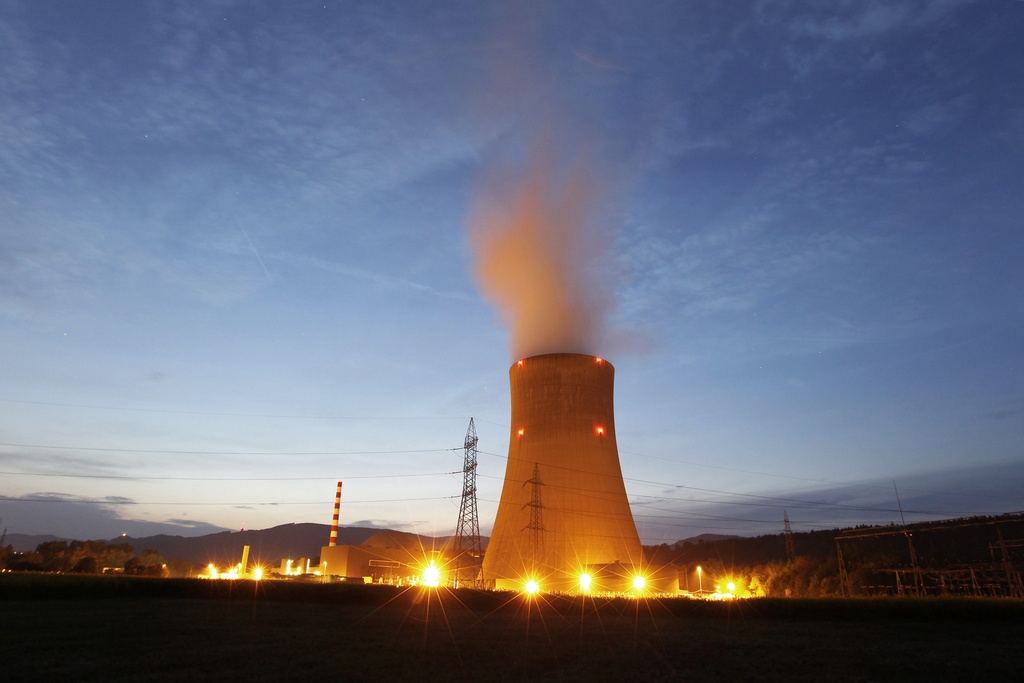
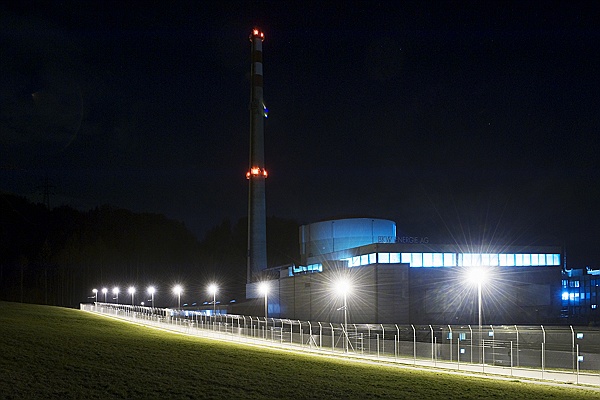
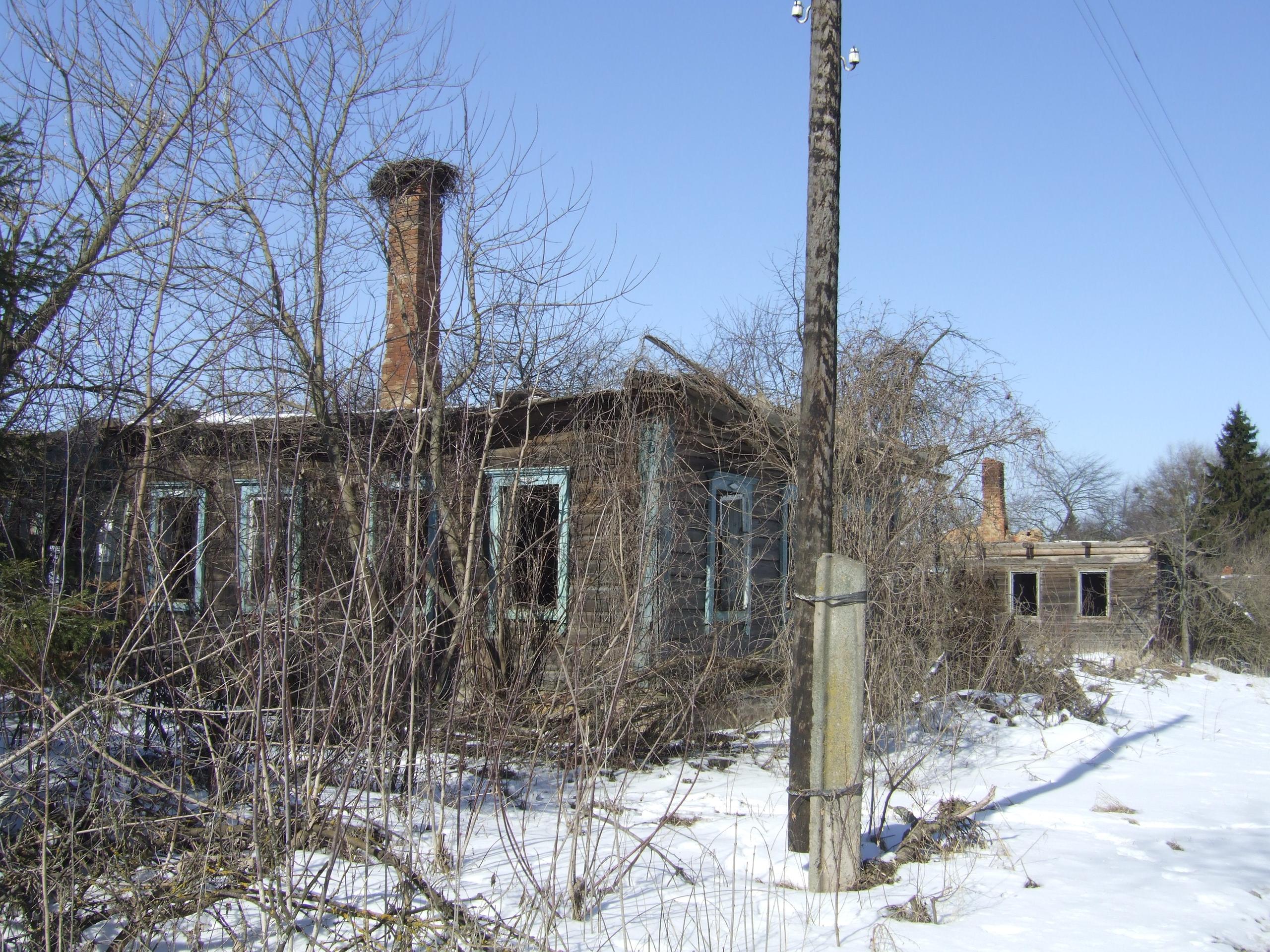
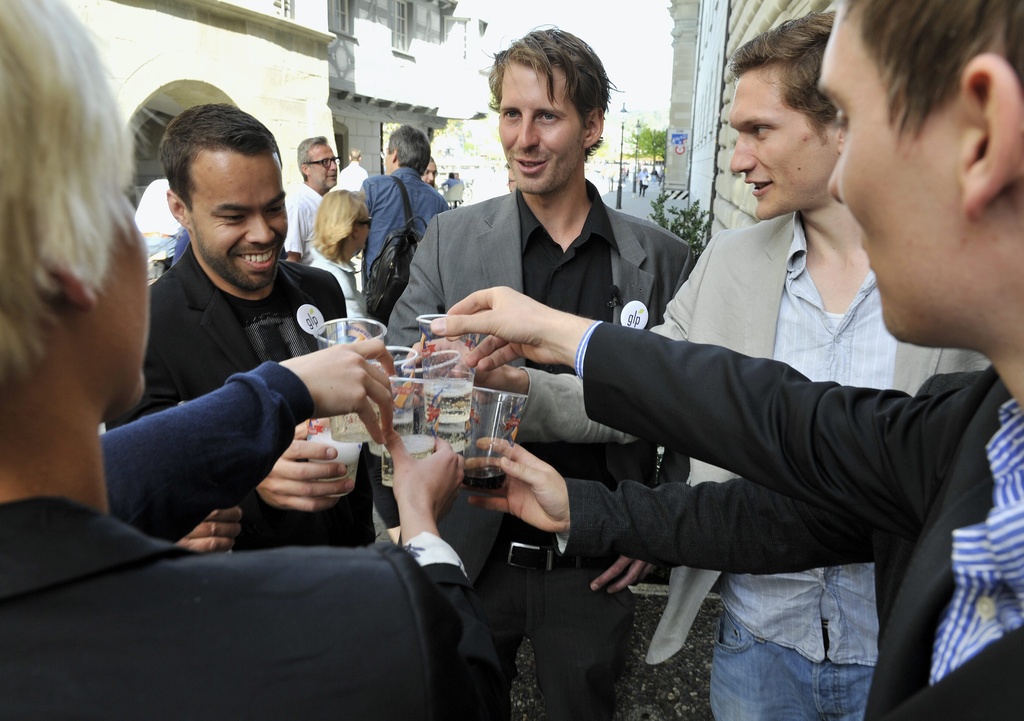
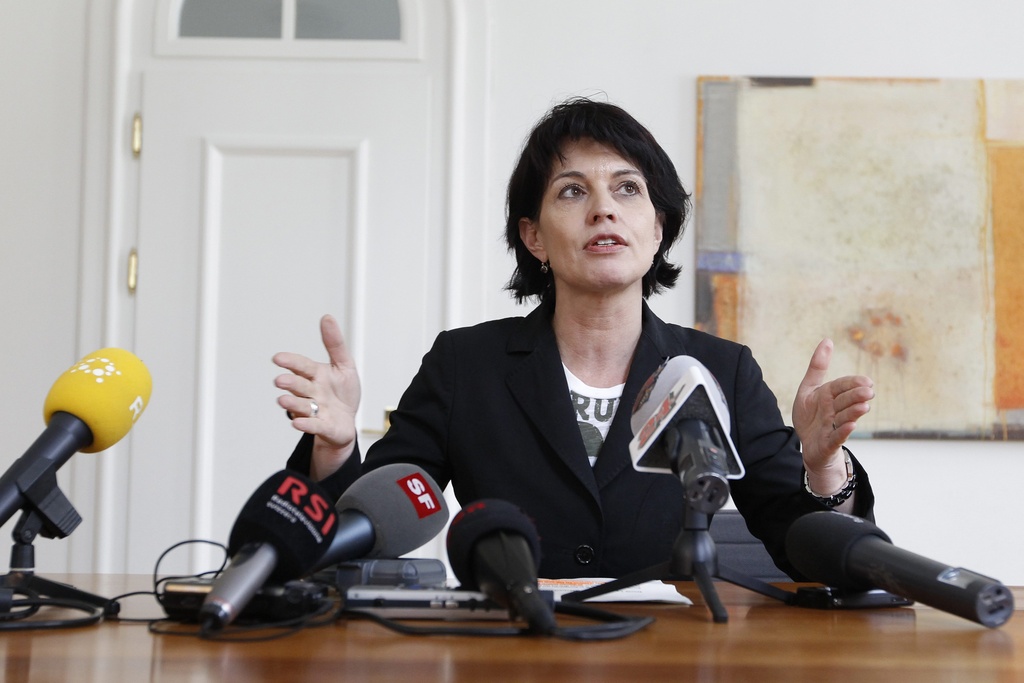
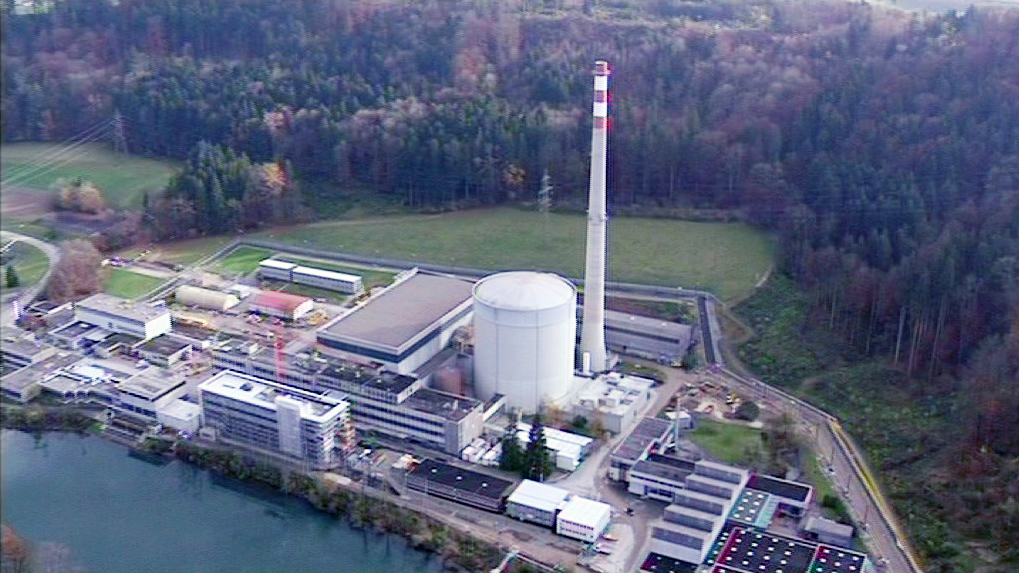
You can find an overview of ongoing debates with our journalists here. Please join us!
If you want to start a conversation about a topic raised in this article or want to report factual errors, email us at english@swissinfo.ch.